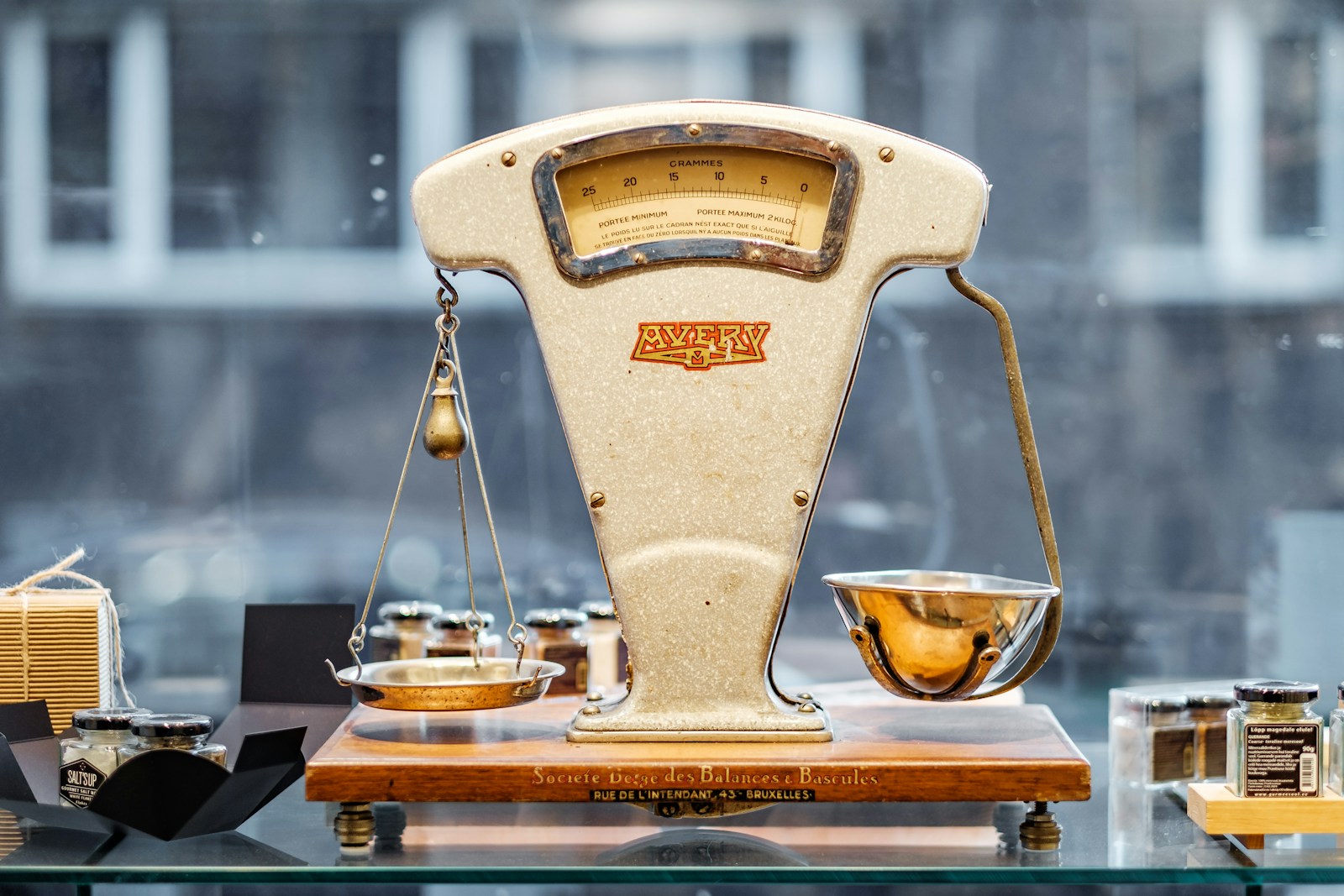In trading, one of the most common psychological pitfalls is holding onto positions for too long. Whether fueled by hope, greed, or the fear of realizing a loss, this behavior can have detrimental effects on a trader's performance and mental state. While it might seem logical to hold on in the hope that the market will turn in your favor, such decisions often stem from emotional biases rather than sound strategy.
This article explores the psychology behind holding positions too long, the risks involved, and strategies to help traders make more rational decisions.
Why Do Traders Hold Positions Too Long?
1. Fear of Loss
Nobody likes to admit they’re wrong. Holding onto a losing position often stems from the fear of realizing a loss, as it forces traders to confront their mistake. By staying in the trade, they can avoid that moment of acknowledgment—at least temporarily.
2. Hope for Reversal
Hope is a powerful emotion that can cloud judgment. Traders may convince themselves that the market will turn around if they just wait a little longer, even when the odds are against them.
3. Greed
When in a profitable trade, greed can cause traders to hold on too long, aiming for even greater gains. Instead of locking in profits, they keep chasing an ever-higher target, often leading to a reversal and diminished returns.
4. Lack of a Clear Exit Strategy
Without a well-defined plan for when to exit a trade—whether it’s for a profit or a loss—traders are more likely to make impulsive decisions and hold positions longer than they should.
5. Emotional Attachment to a Trade
Traders can become emotionally invested in certain trades, especially if significant time or analysis was spent on them. This attachment can make it harder to let go, even when it’s the rational choice.
The Risks of Holding Positions Too Long
1. Escalating Losses
When holding a losing position, small losses can snowball into significant ones. The longer you hold on, the harder it becomes to recover your capital.
2. Missed Opportunities
By tying up your capital in an underperforming position, you miss out on other potentially profitable trades.
3. Emotional Stress
Watching a position move further against you can cause significant stress, leading to poor decision-making and burnout.
4. Erosion of Discipline
Holding positions too long often involves abandoning your trading plan. This can erode your discipline and lead to inconsistent behavior in future trades.
How to Avoid Holding Positions Too Long
1. Set Clear Exit Rules
Having predefined exit rules for every trade—both for profits and losses—removes emotional decision-making from the equation. Decide on your stop-loss and take-profit levels before entering a trade and stick to them.
Tip: Use tools like trailing stop-losses to lock in gains while giving the trade room to grow.
2. Focus on Risk Management
Risk management is the cornerstone of successful trading. By accepting small, manageable losses as part of the process, you’re less likely to hold onto losing positions in the hope of a turnaround.
Tip: Limit your risk per trade to 1-2% of your total capital to reduce emotional pressure.
3. Use a Trading Journal
A trading journal helps you track your behavior and identify patterns, such as holding positions too long. Reviewing your trades can highlight the consequences of this habit and motivate you to make changes.
Tip: After each trade, note why you exited when you did. If you held too long, reflect on the emotions or thoughts that influenced your decision.
4. Practice Detachment
Detach yourself emotionally from individual trades. Remember, no single trade defines your success. Focus on executing your strategy consistently over the long term.
Tip: Remind yourself that trading is a probabilities game. It’s better to exit a trade based on logic than to gamble on hope.
5. Avoid Greed by Taking Partial Profits
If you find it hard to exit profitable trades because of greed, consider taking partial profits. This allows you to lock in some gains while keeping a portion of the position open for further potential upside.
Tip: Set multiple profit targets and scale out of the trade gradually.
6. Monitor Your Emotional State
Being aware of your emotions during trading can help you recognize when they’re influencing your decisions. If you find yourself holding onto a position because of hope, fear, or greed, take a step back and reassess.
Tip: If emotions are running high, step away from the screen for a few minutes to regain clarity.
7. Automate Your Exits
Using automated trading tools can help enforce discipline. For example, stop-loss and take-profit orders ensure that you exit the market at predetermined levels, even if emotions tempt you to stay in.
Tip: Set and forget. Let the system execute your plan without interference.
The Role of Mindset in Exiting Trades
1. Embrace Losses as Part of the Game
No trader wins 100% of the time. Accepting that losses are an inevitable part of trading helps you let go of losing positions without hesitation.
2. Focus on the Bigger Picture
Instead of fixating on individual trades, evaluate your performance over a series of trades. A single loss or missed gain matters less when you’re consistently profitable over time.
3. Trust Your Plan
If you’ve done the work to create a solid trading plan, trust it. Second-guessing your strategy mid-trade often leads to holding positions too long or exiting too early.
Example Scenarios: Holding Too Long
- Scenario 1: The Losing Trade
A trader buys a stock expecting it to rise, but it quickly starts to decline. Instead of exiting at the stop-loss, the trader holds on, hoping the stock will recover. Days later, the loss has doubled, and the trader finally sells out of panic.
- Scenario 2: The Winning Trade
A trader enters a long position, and the price rises significantly, hitting their profit target. Instead of exiting, the trader holds on, hoping for even bigger gains. The market reverses, and the trader ends up with a much smaller profit—or even a loss.
Conclusion
Holding positions too long is a psychological hurdle that stems from fear, greed, and emotional attachment. Overcoming this challenge requires a combination of discipline, risk management, and emotional awareness.
By setting clear exit rules, practicing detachment, and focusing on long-term consistency, traders can avoid the trap of holding positions too long and make more rational decisions in the markets.
Remember, successful trading is not about being right all the time; it’s about managing your trades effectively and sticking to a disciplined approach. Letting go—whether it’s cutting losses or taking profits—is not a sign of failure but a step toward long-term success.









